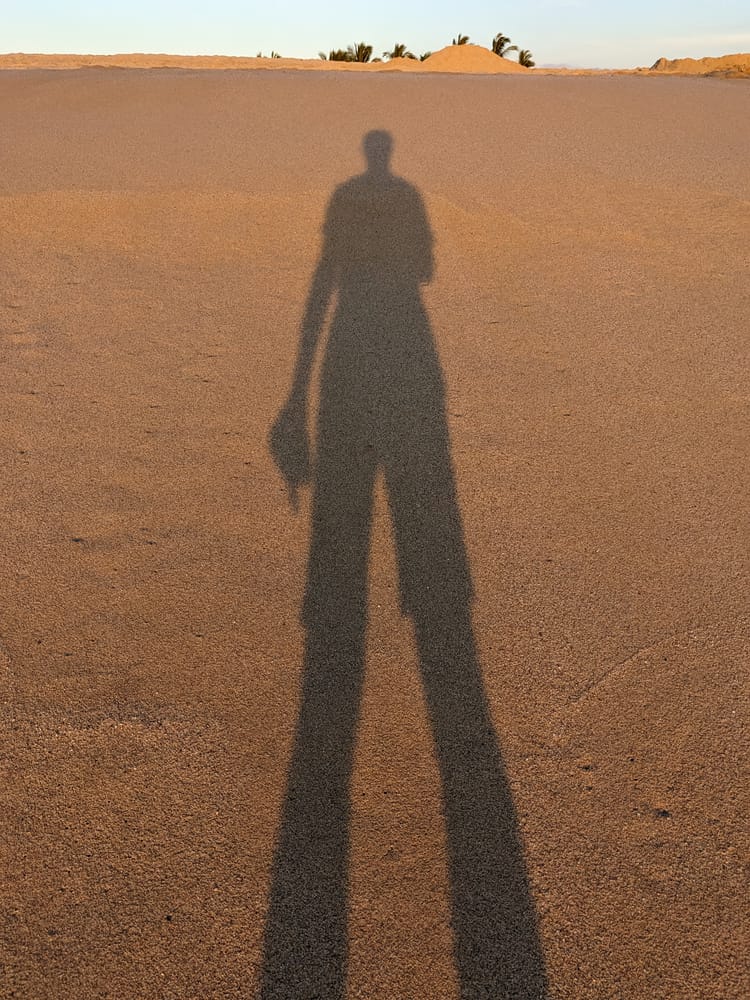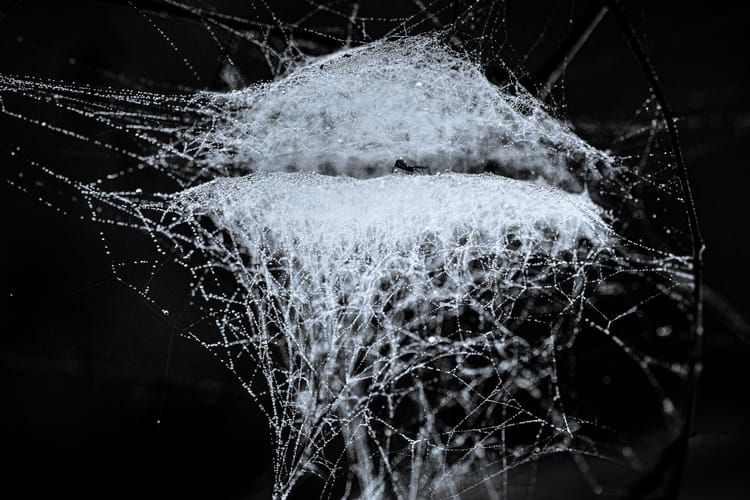2. Carissa Coane ~ star by star

Every new step is an invitation to take a risk and an opportunity to explore unfamiliar territory. We thank the community of poets that has trusted and supported us as we took this step with the inauguration of confluence. Our hope for this journal is that, through the creation of a space for underrepresented voices and themes in haiku, we can encourage greater engagement with the form and celebrate its relevance to a diversity of experiences.
We are delighted to be joined on this journey by seven exceptional poet Fellows whose work has awed us in different ways. Over the next few months, we will be featuring the work of one individual Fellow per issue, alongside commentary from other Fellows in appreciation of this work. For our first issue, we are thrilled to welcome Carissa Coane to the Fellowship.
When reviewing Carissa’s submission, we were immediately struck by the freshness of word choice and expression in her work. We were surprised that we hadn’t come across much of her work in other haiku publications, and were compelled to showcase her brilliant voice to the community as our first Fellow. Carissa’s poems perfectly reflect our undertaking to probe the boundaries of haiku and nudge them open. Each poem seems to arise out of an anchoring within the present moment, letting the weight of that moment become heavy and significant until there is no choice but to be released from underneath it by birthing a poem. The images she sits with may be familiar and conventional on their own (clouds, blue jays, bruises, stars), but when processed through her uniquely modern lens, they become daring gut punches. Words on a page become pleas by the silent and silenced that refuse to be ignored. We are grateful for her courage to tackle challenging topics that some of us may also experience, but are afraid to give voice to ourselves. By her example, Carissa offers us permission to explore our own discomforts and illuminate the pieces of our inner selves that may otherwise be repressed.
Antoinette Cheung, confluence co-editor
poems
a world of cells
and within every cell
a world of struggle
–after Kobayashi Issa
petrified moth
would i have soared without
the amber of my gender
barbed wire helices i grow this way to keep men out
stellar nursery
the last embers
from my last cigarette
cancer stellium metastasis prophesied by the heavens
lodged between the ribs of my hard palate the truths i’ll never tell
nuchal ouroboros both our throats purpled from too much love
palimpsest daughter
patching blind spots in
my mother’s eyes
dead or disinterested maybe both Schrödinger’s ghosting
revenge porn
the cloud
never dissipates
high-speed specters hasten our migration to the ether(net)
fracking Mother Earth’s botched filler
Biscayne Park—
more bud-light cans
than blue jays
benthic requiem
a bruise that aches
down to my marrow
star by star the sky falls faster Jericho Perseids
essay
haiku & neurodivergence
As a neurodivergent individual, haiku’s brevity is what initially endeared me to the field. Though I quickly realized that it can be more challenging to craft a three-line poem than a 30-line one, personally, the concision of haiku has remained its most appealing – and therapeutic – component. I have found that I feel more comfortable bringing up sensitive, personal topics in haiku because its emphasis on precise language and concrete imagery inhibit the superfluous explanations I otherwise feel are necessary to include, especially when writing about my brushes with domestic violence. The “show, don’t tell” precept is second nature when writing on such subjects, since conveying such conflicting emotions is far easier in abstract images. Haiku allows for a direct transposition of these flashes of insight, and presenting them devoid of further context has allowed me to comprehend these experiences from a more objective point of view. I believe that haiku is an underutilized vehicle for survivors’ healing.
Additionally, the more abstract, experimental form of haiku that is growing in popularity has the potential to be an effective method for neurodiverse people to assert their unique ways of perceiving the world – again, based on my own experience. Haiku’s act of juxtaposing seemingly disparate subjects can easily be paralleled with the disconnect neurodivergent people (myself included) feel when trying to articulate their thought processes to a neurotypical person, and this can be particularly emphasized in monoku: expressing the disjunction without break is an accurate representation of how this feels.
commentaries from Fellows
by Rowan Beckett Minor and Lorraine A Padden
Rowan Beckett Minor
Passionate and uninhibited, Carissa Coane’s poems are not just present, but forward-moving as she effortlessly combines protest poetry with traditional and avant-garde Haiku and Senryu techniques. Having written Japanese short forms for less than a year, Coane’s voice feels fully realized and developed, even if still unripe. These poems are personal and project introspection into universal themes while utilizing Haiku and Senryu to contextualize the lesser referenced social issues in short forms, such as plastic surgery, climate change, and pornography. Coane’s balance of scientific and creative ideology uses traditional Haiku and Senryu tools in original and necessary ways, carefully and with purpose, such as using repetition for emphasis or a specific phrase for double meanings. Her work is like Kobayashi Issa meets Jay Friedenberg with a fourth-wave feminist flare and beneath any abstractions is a very matter-of-fact message that feels earthy and connected. Coane’s poems are intellectual, but not overtly clever, and command her audience with distinct language, precise images, and authentic phrasing that is specific to the author herself.
Lorraine A Padden
It’s important to celebrate Carissa Coane’s resonant voice in the ongoing conversation about innovation in English-language haiku. While it’s true that expressions of trauma and violence have figured prominently across many styles of art making for centuries, haiku/senryu that foreground the realities of personal and global suffering seem to be relative newcomers to the theme. In this context, Coane’s embrace of non-traditional aesthetics represents a bold maneuver. And, like any expression that speaks truth to power, trusting haiku to carry the weight of immense vulnerability and culpability is even more courageous.
Coane’s work is successful in part, because of her her keenly juxtaposed images. Among many fine examples, benthic requiem invites us to dive into relationship with a hurt so deeply intimate it touches the very marrow of a human body, while at the same time, we’re called upon to fathom the irrevocable ruin of a crucial life support engine for the entire planet. From acutely private to global carnage in ten short words.
Shifting focus and perspective allows Coane to navigate levels of erasure, from a second-skin sense that’s palpably felt in palimpsest daughter, to a vaster dissolution of cherished constants represented by those Jericho Perseids. This work is a daring reflection and poignant response to harrowing personal and collective realities we all may face in a world of struggle.
We hope you enjoyed our first issue! Thank you so much for reading and being part of this new community. Have a comment or question for the Fellows? We invite you to use the “comment” button below to continue the conversation, and share this page with friends. Our second issue will drop at the end of October, featuring another unique voice and more innovative content…stay tuned for more!






Member discussion